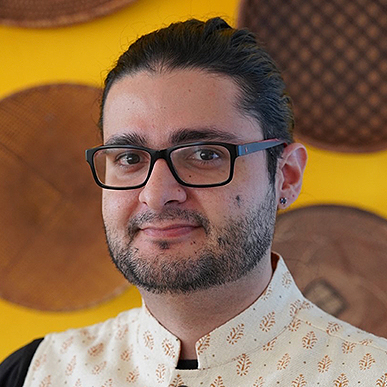Caio Simões de Araújo: Archive frictions. Queering African pasts through archival interventions


Ataya: HUMA Interdisciplinary Seminar Series
Project/Paper: Please read 'Archive Frictions: queering African pasts through archival interventions' by Caio Simões de Araújo. Work in progress. Article made available with the kind permission of the author.

Bio: Caio Simões de Araújo is a Postdoctoral Fellow at the Wits Institute for Social and Economic Research (WiSER) at the University of the Witwatersrand. In collaboration with the Gay and Lesbian Archives for Action (GALA) of South Africa, he has led oral history projects in Maputo and Luanda. His research interests involve the history of Afro-Asian decolonisation, transnational histories of race and anti-racism, and gender and sexuality in the Global South. He also works with LGBTIQ+ non-governmental organisations in Angola and Mozambique in devising research-based activist projects.
Topic: Historiography and archives have played a critical role in producing colonial normativities and their “hierarchies of humanness.” Yet, of late, the “archival turn” in scholarship, activism, and the arts has called for a thorough rethinking of the archive as a concept speaking to issues of memory and history; knowledge and authority; justice and historical redressal. In particular, queer scholarship and activist mobilising have critically engaged existing archives while also devising alternative practices of archiving and creative strategies of re-imagining the past (and the future). Some of this work has insisted that queer archives – or queering the archive – are today as important as ever. This paper will explore my experience of collaboration with the GALA Queer Archive, an LGBTIQ+ archive based in Johannesburg, as I headed two transnational projects focused on assembling archival collections reflecting queer histories pasts in Maputo (Mozambique) and Luanda (Angola). This project, I argue, demonstrates the critical potential of the archive in contexts in which LGBTIQ people are said to not exist, to not belong, to be a foreign import with no roots in local culture and society. Rather than a simple repository of a past, the archive also holds the promise of “futurity”.